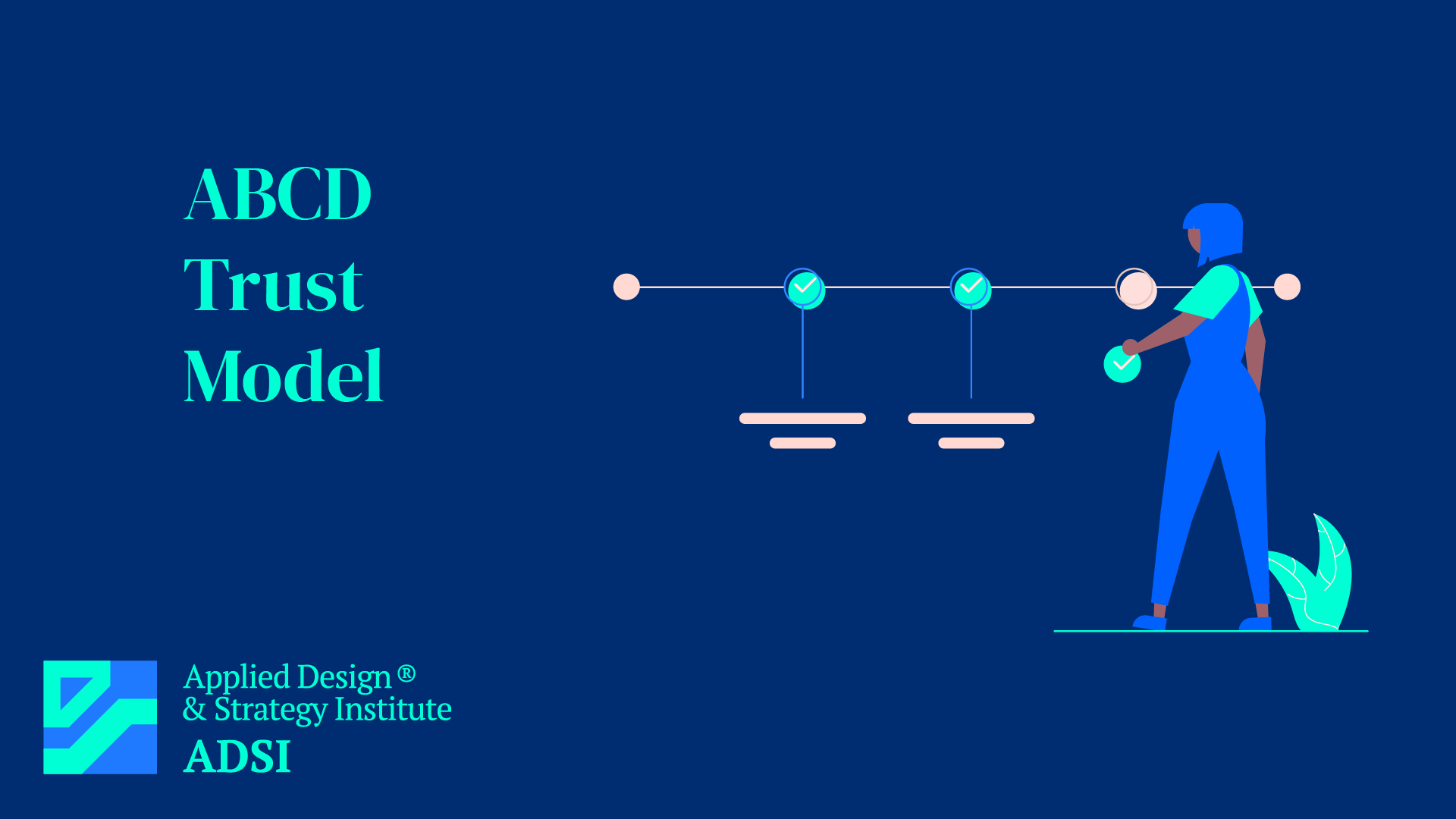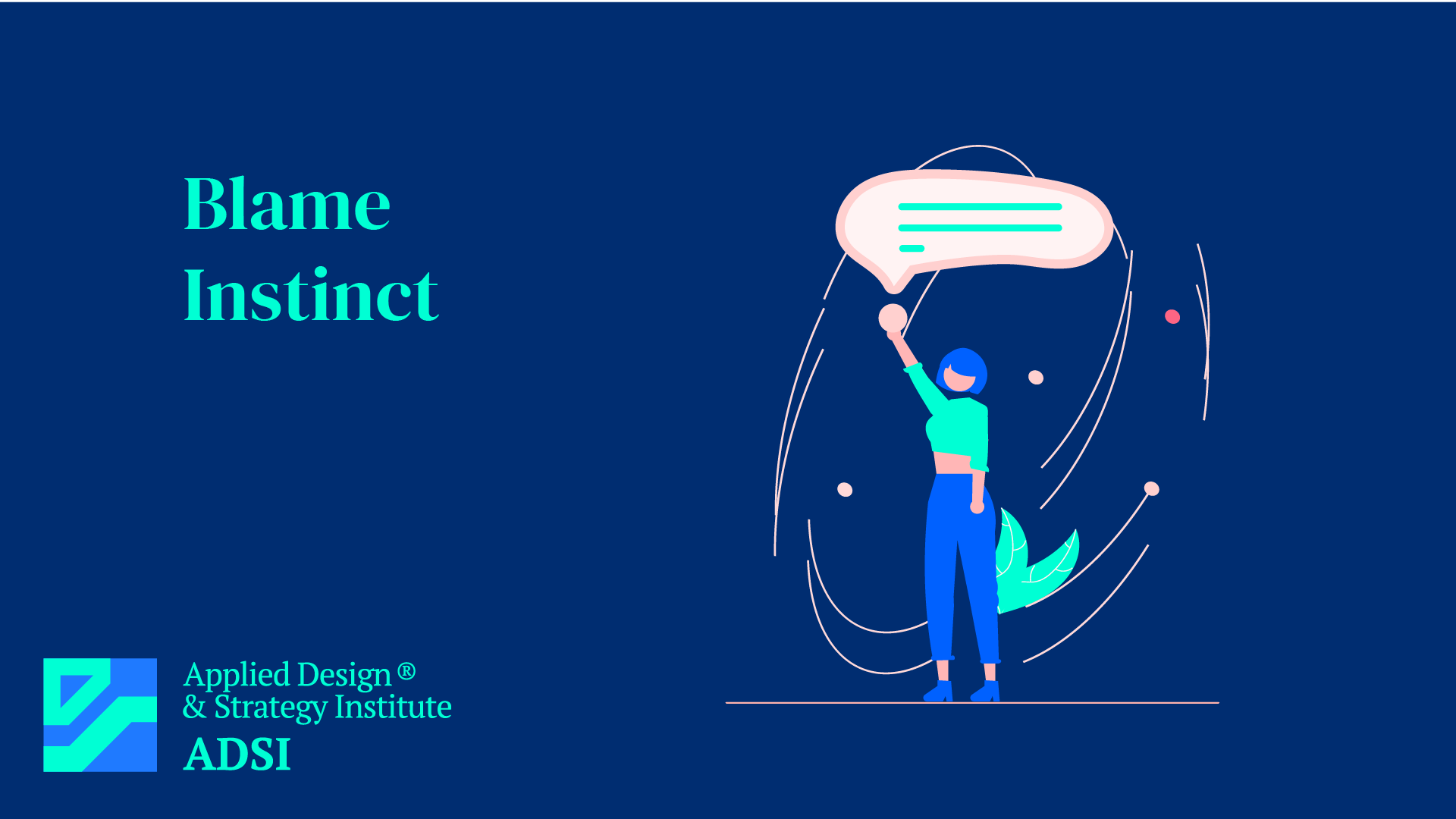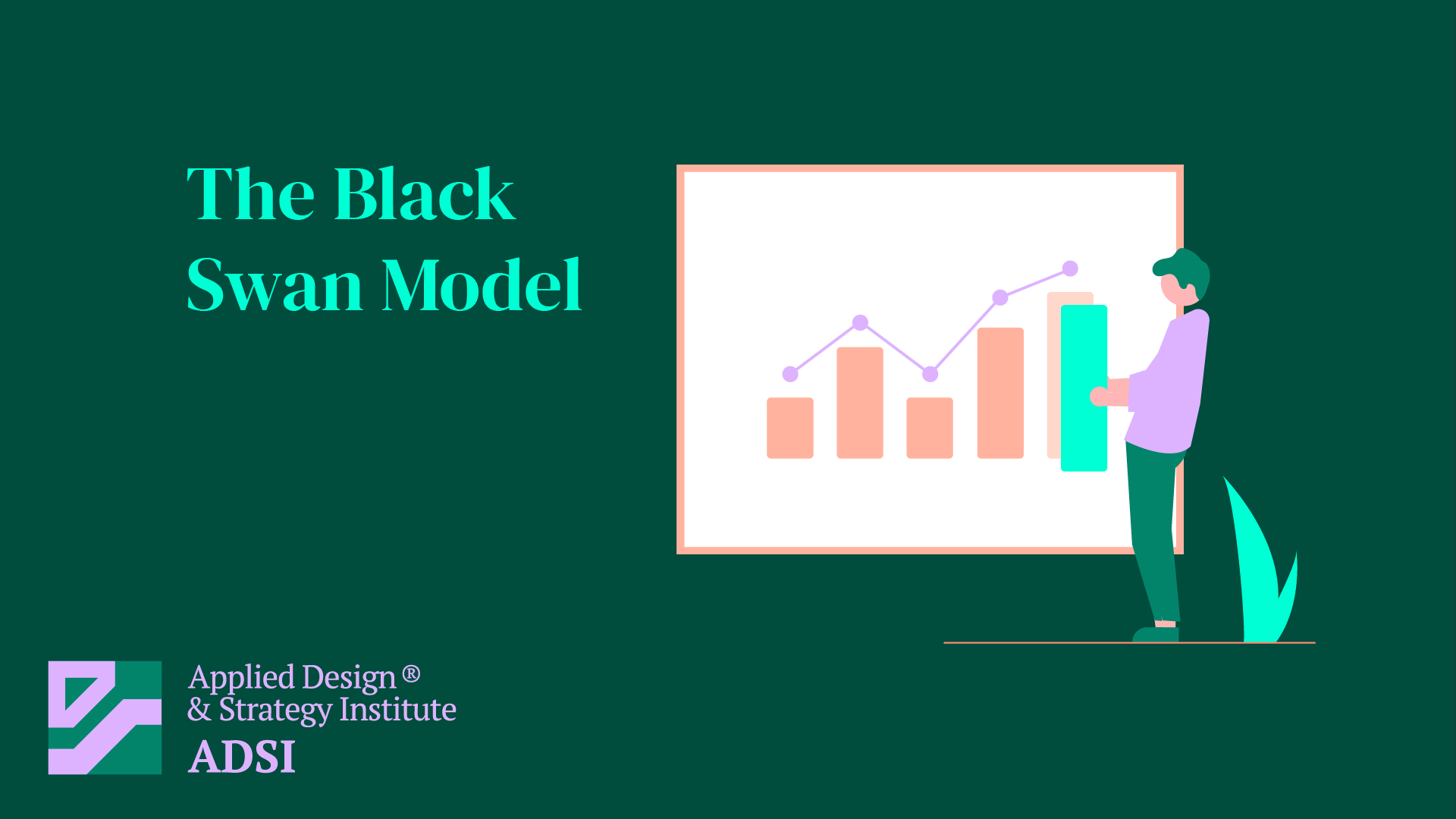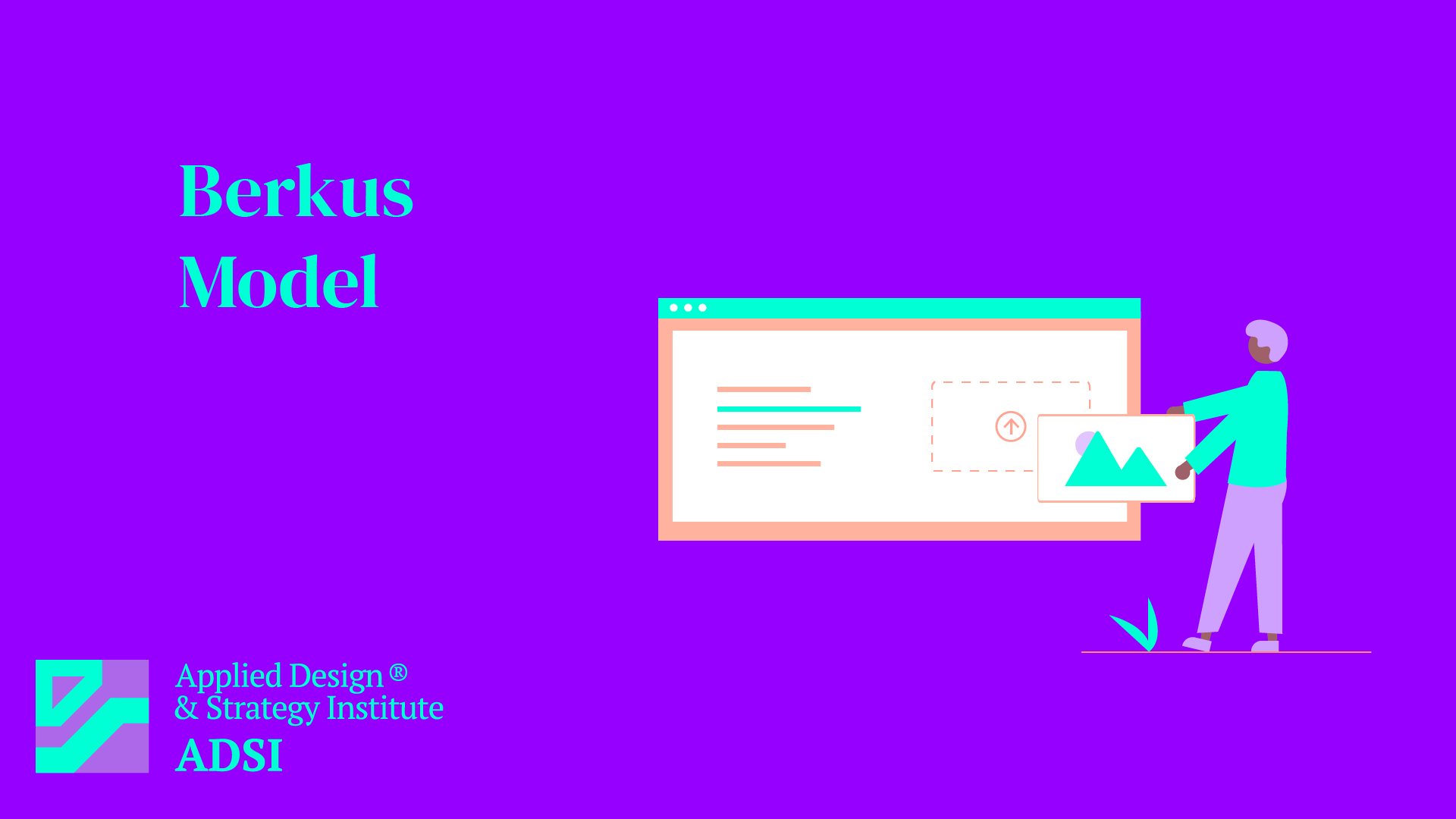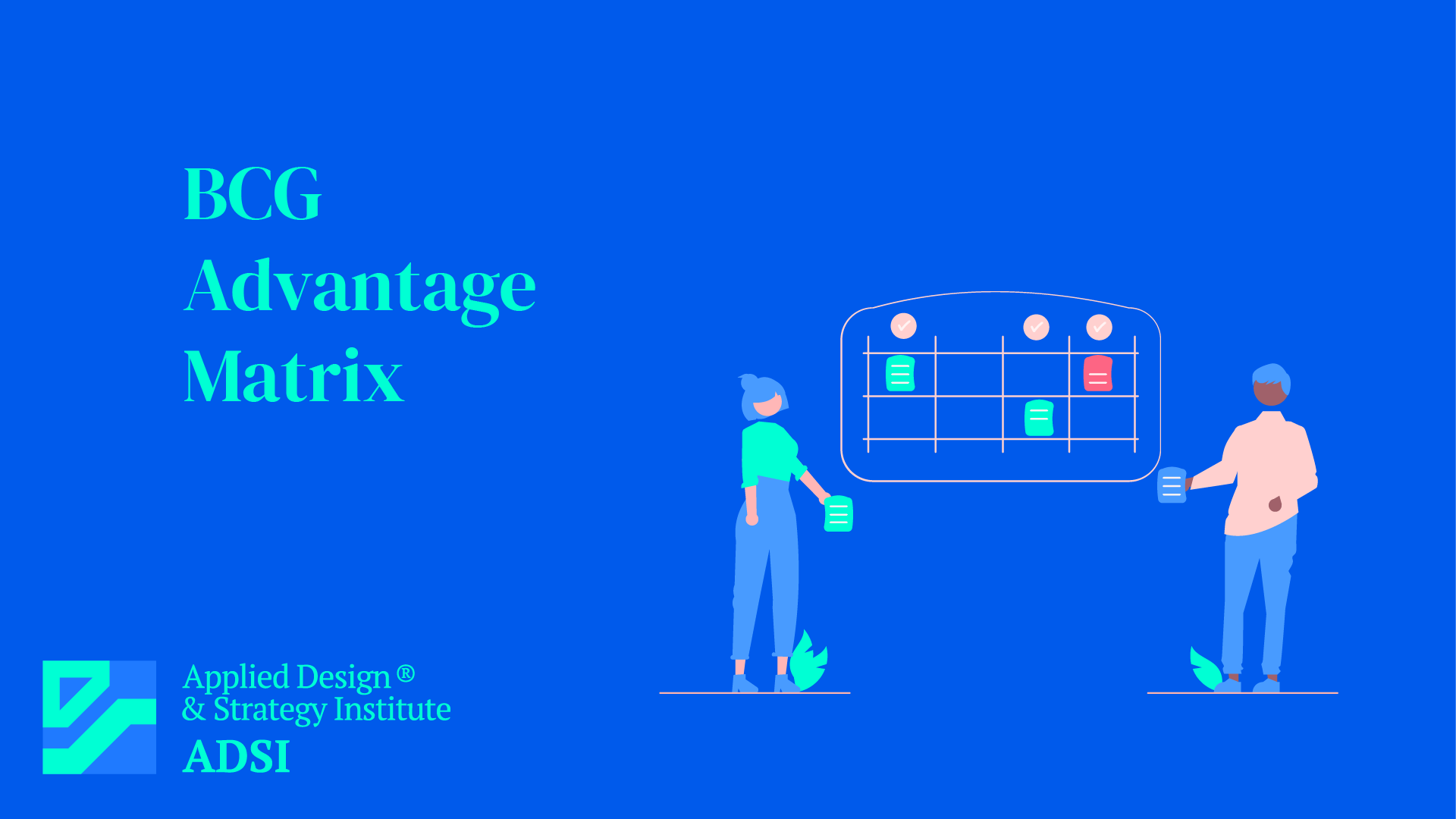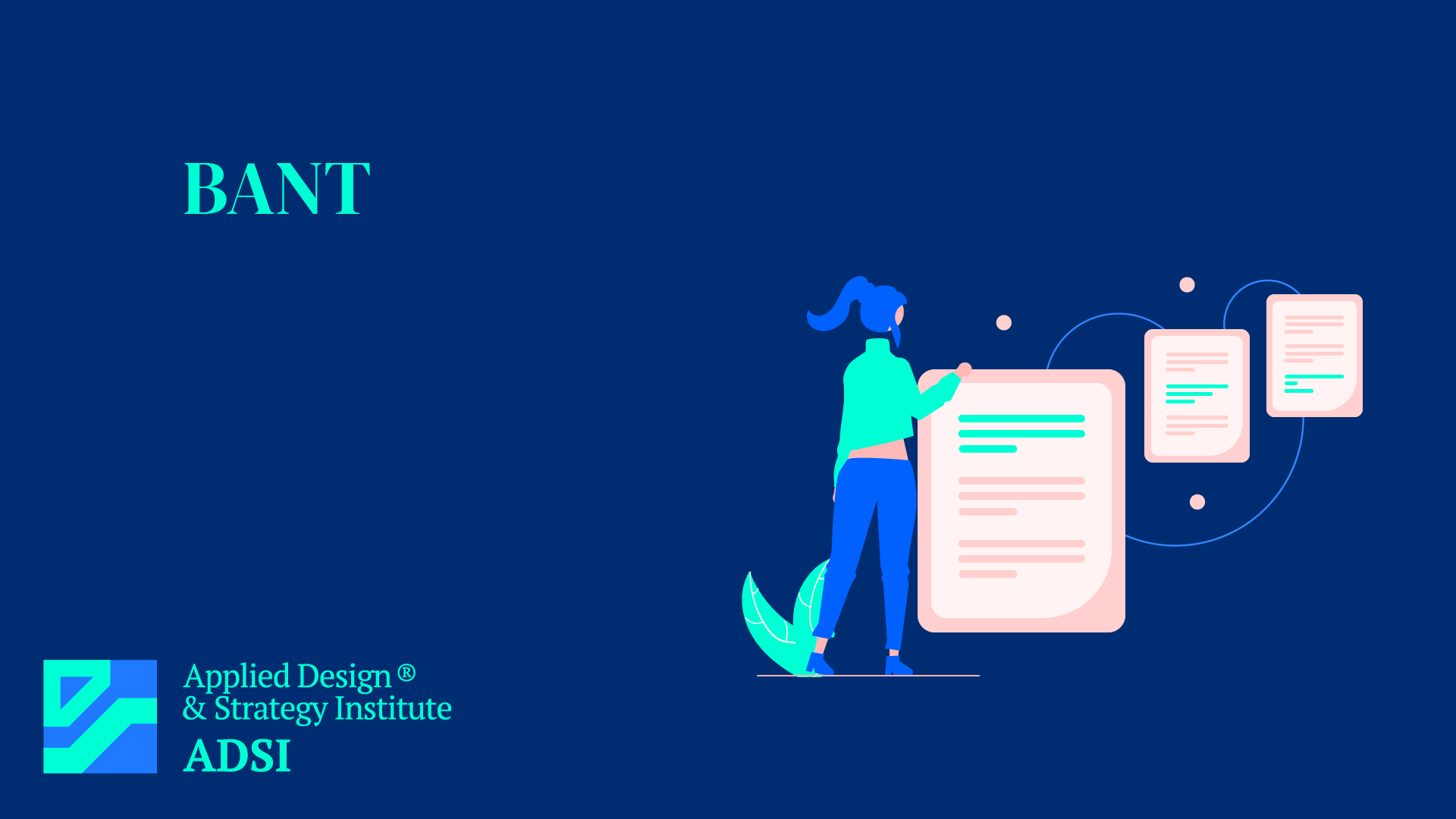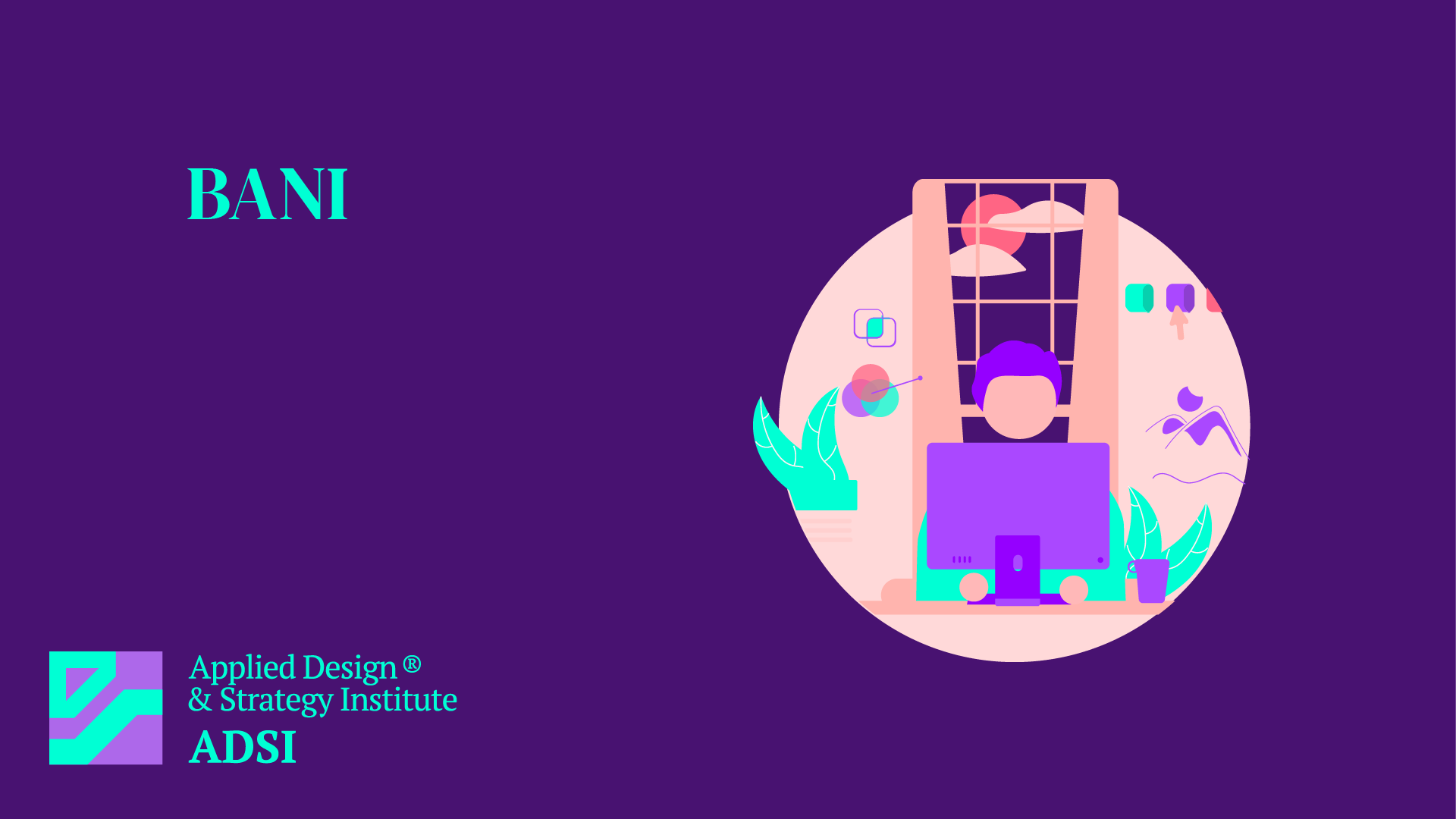Blanchard’s ABCD Model of Trust
Blanchard’s ABCD Model of Trust is a framework developed by Ken Blanchard, a renowned leadership expert, which outlines the fundamental elements required to build and maintain trust in both personal and professional relationships. The model emphasizes four key components: Able, Believable, Connected, and Dependable, each p
The Blame Instinct,
The Blame Instinct, as discussed in Hans Rosling’s “Factfulness,” addresses our propensity to seek simple explanations for complex problems by blaming individuals or groups. This instinct often leads to oversimplification and ignores broader, systemic issues. For example, in a crisis, people might quickly blame
The Blake-Mouton Managerial Grid
The Blake-Mouton Managerial Grid is a leadership model that identifies five different leadership styles based on a manager’s focus on people and results. Developed by Robert Blake and Jane Mouton, this grid has two axes – concern for people (y-axis) and concern for production (x-axis). The five leadership styles are:
The Black Swan Model
The Black Swan Model, developed by Nassim Nicholas Taleb, is a framework for understanding the impact of highly improbable, unpredictable events that drastically affect various areas such as finance, history, and technology. Black Swan events, characterized by their rarity and significant impact, are often only explainable in hi
The Berkus Method
The Berkus Method is a valuation approach for pre-revenue startups, emphasizing the qualitative aspects of the business rather than relying on financial projections, which are often unrealistic for early-stage companies. This method was developed by American venture capitalist and angel investor Dave Berkus. The core idea of the
The BCG Advantage Matrix
The BCG Advantage Matrix, developed by the Boston Consulting Group, is a strategic tool used to evaluate competitive advantage in various business environments. This framework categorizes businesses into four distinct types based on two key dimensions: the size of the competitive advantage and the number of approaches to achievi
The BANT Framework
The BANT framework is a traditional sales qualification method used to determine the suitability of a potential customer or lead. It stands for Budget, Authority, Need, and Timing, and is designed to help sales professionals assess whether a prospect is a good fit for their product or service. This framework helps in saving time
The BANI Framework
The BANI framework is a conceptual model that describes the nature of our contemporary world and the challenges it poses. It stands for Brittle, Anxious, Non-linear, and Incomprehensible, and it was coined by Jamais Cascio, a distinguished fellow at the Institute for the Future. This model is often discussed in contrast to the V
The Bandwagon Effect
The bandwagon effect is a psychological phenomenon where individuals adopt beliefs, ideas, trends, or behaviors because they perceive that others are doing the same. This effect is significant in many areas, including economics, politics, consumer behavior, and social settings. Key Aspects of the Bandwagon Effect Criticisms and
The ANUM Sales Methodology
The ANUM sales methodology is a modern approach to lead qualification that has evolved from the traditional BANT (Budget, Authority, Need, and Timeline) framework. ANUM stands for Authority, Need, Urgency, and Money, and it shifts the focus to more critical aspects of the sales process in today’s dynamic business environme


